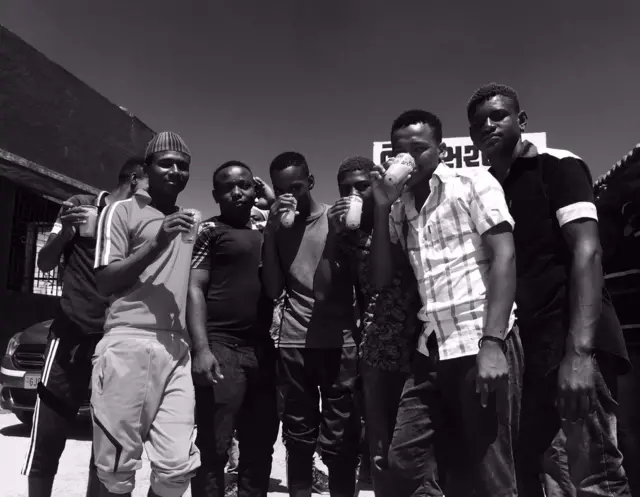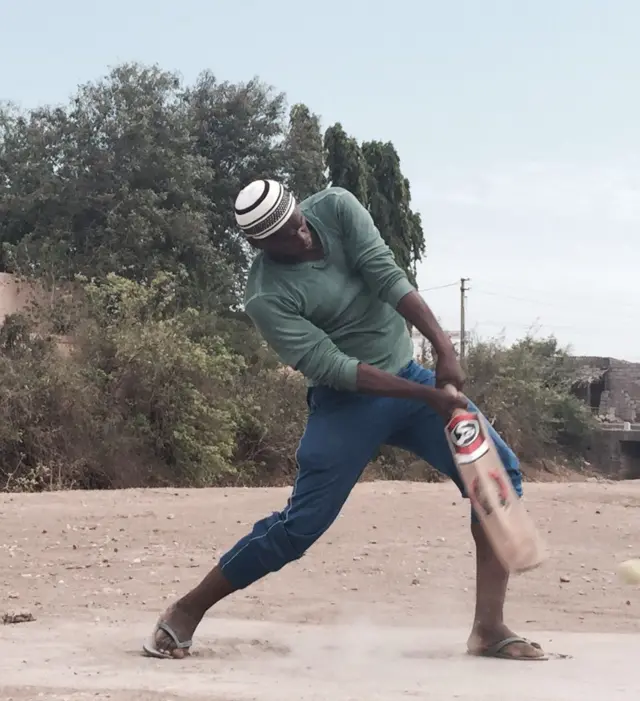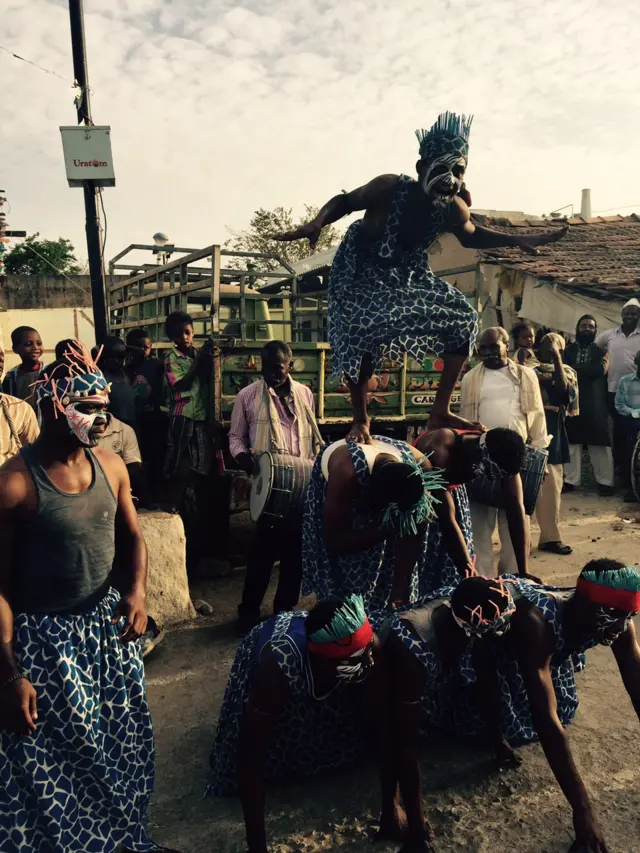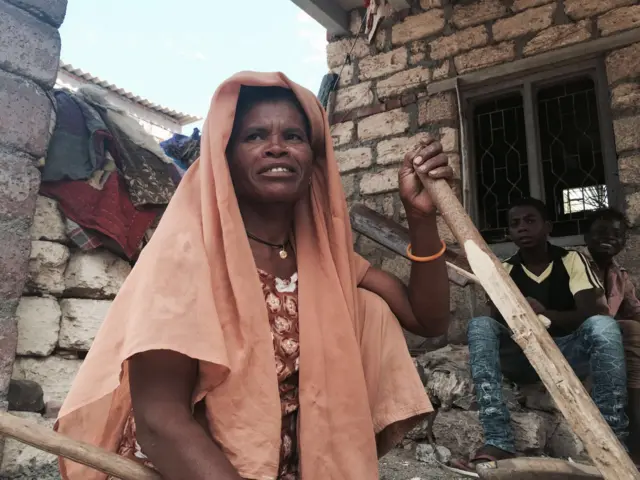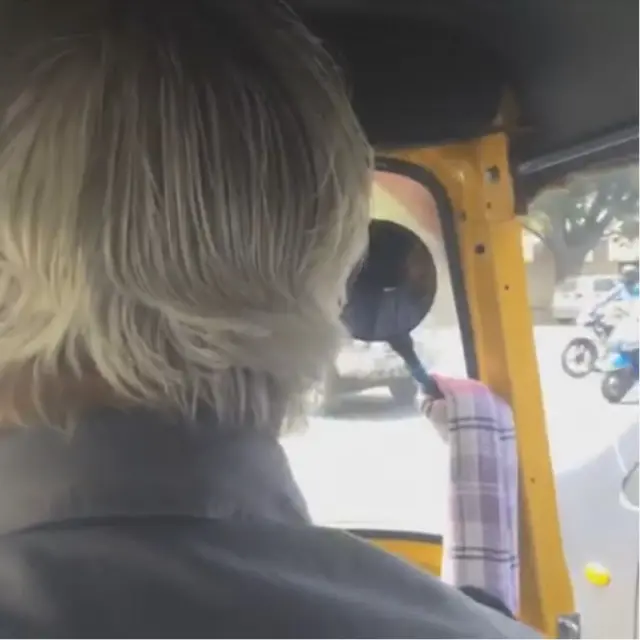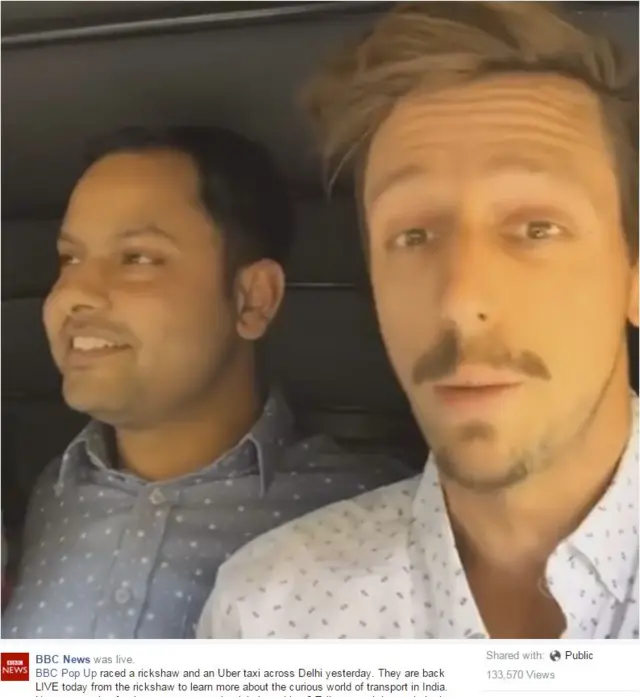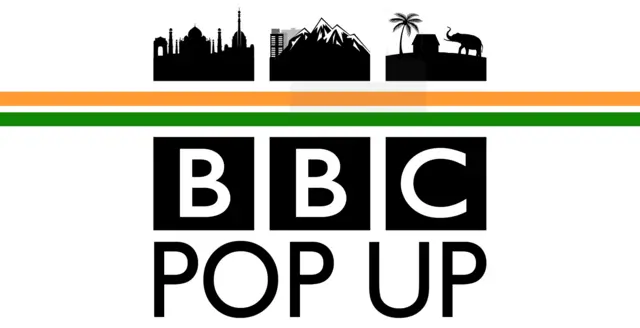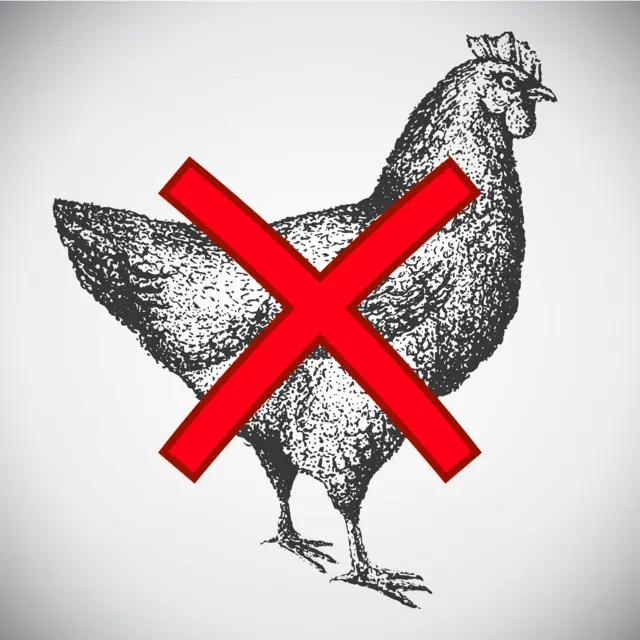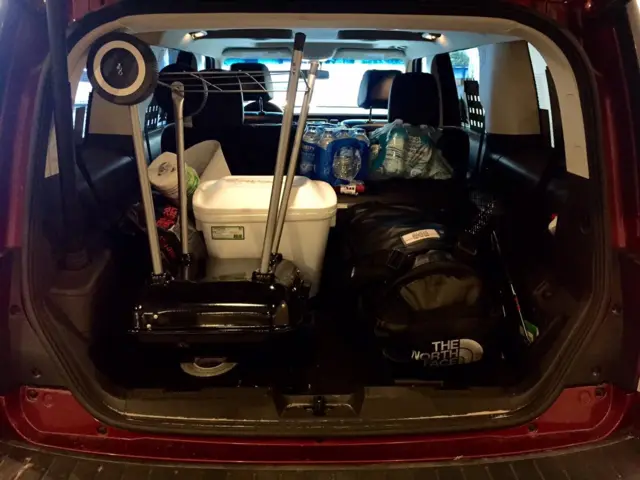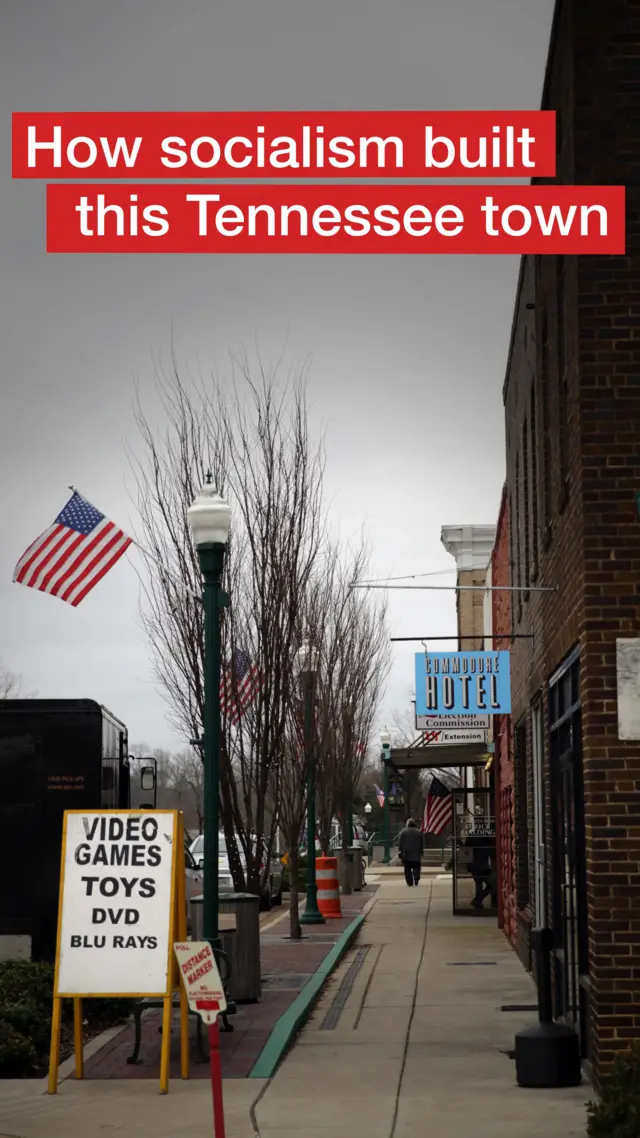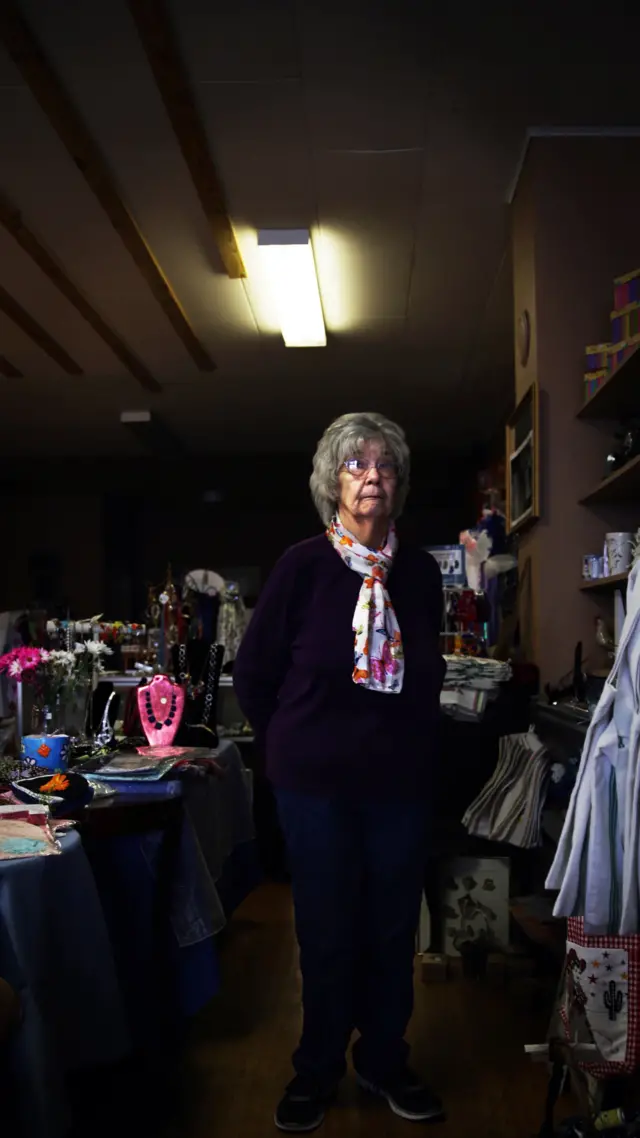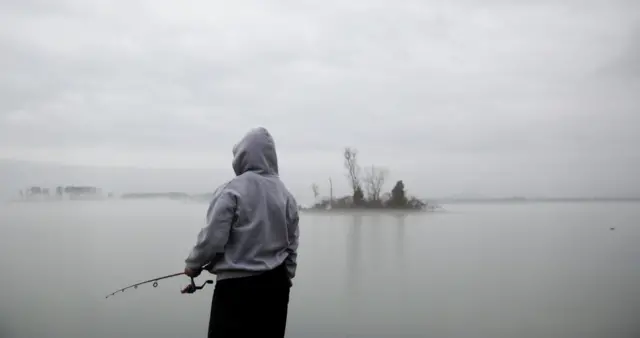How lack of water is affecting marital prospects in rural Indiapublished at 18:50 BST 22 April 2016
Why is drought in India leaving some villages full of single men?
In our town meetings in Delhi, the ongoing drought crisis in the country was a story several people felt very strongly about. One member in the audience shared how in Bundelkhand, one of the hardest-hit regions, men were struggling to find wives who would marry them and move to the place. Why? Because in most households in rural India, the responsibility of fetching the water rests with the women.
Coping with lack of water in everyday life is a topic that resonated with Pop Up chief Matt Danzico, who is from California which has been in the midst of a long drought. But how does it affect lives in rural India? This question took Matt, Shalu Yadav and Neha Sharma 400 miles away from Delhi to a village of 5,000 residents - Gopipur in Chitrakoot district in the state of Uttar Pradesh.
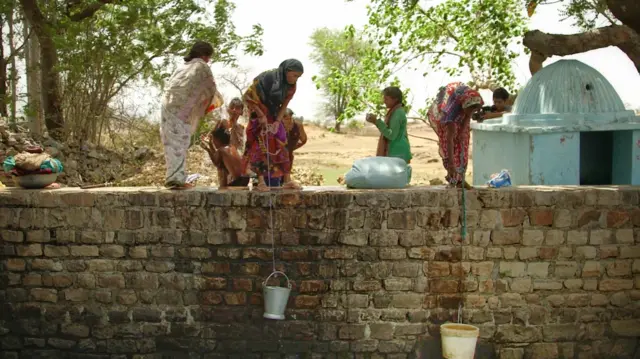
Women collecting buckets of water in Gopipur village in the Indian state of Uttar Pradesh
There, we met Shyama, who had married and moved to the village 15 years ago. She laughed when she heard about the drought problem in California - Shyama and other women in her village walk for five miles twice a day to fetch water. She told us of her body aches, and how her hair was thinning due to carrying heavy buckets on her head. "Don't get married and come here," that's Shyama's advice to the women back in her hometown.
Those are not empty words. About 80 percent of the men in Gopipur are unmarried due to lack of water. As a man in the village puts it: "Who would give their daughter to this village?"
The drought, according to the Indian government, is affecting at least 330 million Indians - and this water crisis is having surprising social consequences.
